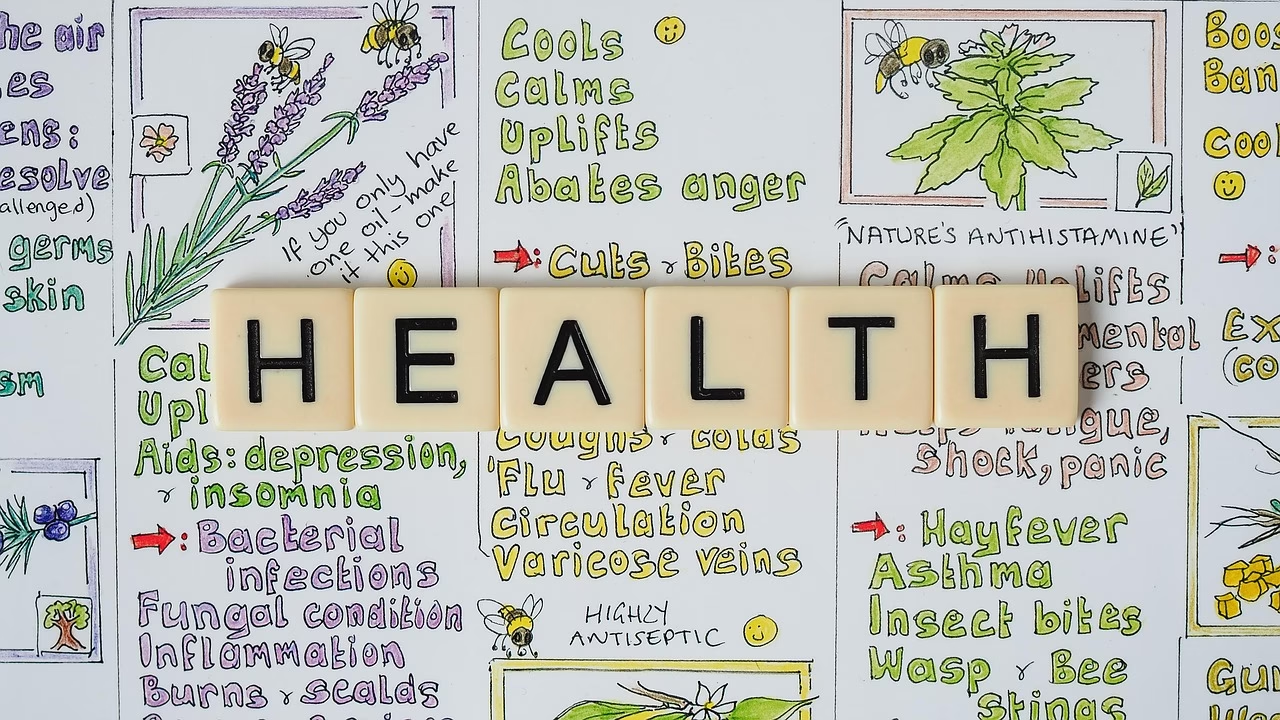“Personalized Nutrition: Tailoring Diets to Individual Genet
June 15, 2025 | by Rachel Bloom

Personalized Nutrition: The Future of Well-being is Uniquely Yours
There’s a gentle joy in eating—a nourishing ritual that sustains not just our bodies, but also our spirits. And yet, anyone who has ever followed a trending diet, only to feel underwhelmed (or worse, unwell), knows a quiet truth: what works wonderfully for one may not serve another. At the heart of holistic health is honoring our individuality—an approach best illuminated by the blossoming field of personalized nutrition.
From “One Size Fits All” to Uniquely You
Nutrition advice has traveled a long way from broad, generic guidelines. While such frameworks served a purpose, many of us have long sensed their limitations. Why does your friend thrive on high-fat, low-carb, while you feel drained? Why do some develop intolerances to foods widely considered healthy? The answers lie deep in our biology.
Each individual’s genetics whisper instructions to their cells—shaping how nutrients are absorbed, how fats are metabolized, even how caffeine is processed. Add to this complexity the microbiome: trillions of bacteria, fungi, and viruses in the gut, each playing starring roles in our metabolism, immunity, and even mood.
True wellness isn’t about rigid rules—it’s about learning the intricate language of your body and responding with compassion, curiosity, and respect.
The Science of Tailored Nutrition
Recent advances in genetic testing and microbiome mapping have rewritten the playbook. Affordable home kits can reveal insights into your DNA—such as predispositions to vitamin deficiencies, sensitivities to gluten or lactose, and ideal macronutrient balance. Meanwhile, microbiome profiling charts the types and proportions of organisms in your gut, helping shine a light on how you digest fiber, respond to fermented foods, or risk inflammation.
- Genetics: Insight into metabolic rates, how your body handles fats and sugars, or your tendency toward high blood pressure from sodium.
- Microbiome: Guidance on improving gut health, tolerating specific foods, and supporting your immune system through nutrition.
The Personalized Nutrition Experience
Imagine a diet plan that evolves from your own data—one that respects your body’s preferences and quirks. For some, it might mean embracing more plant-based meals to nurture beneficial bacteria. For others, it could signal a need for higher omega-3 intake based on genetic markers. And for many, it helps dispel the guilt and confusion that come with “universal” wellness advice.
Compassion, Not Rigidity: A Personalized Path
It’s important to approach this science with self-kindness. Your genes or microbiome are not destiny, but a starting point—a map, not a mandate. Food remains a source of pleasure and community. With guidance from a qualified practitioner, you can integrate scientific insight with intuition, cultural traditions, and joy.
There is something deeply empowering in choosing foods not out of obligation, but from an understanding of what truly supports your vitality, balance, and longevity. Whether you embark on genetic or microbiome testing or simply pay closer attention to how different foods make you feel, the ultimate act of self-care may just be listening—gently, patiently, and with curiosity.
The future of well-being is less about restriction, and more about self-discovery. In learning what your body uniquely needs, you unlock the possibility of healing—not just physically, but emotionally as well.

RELATED POSTS
View all



